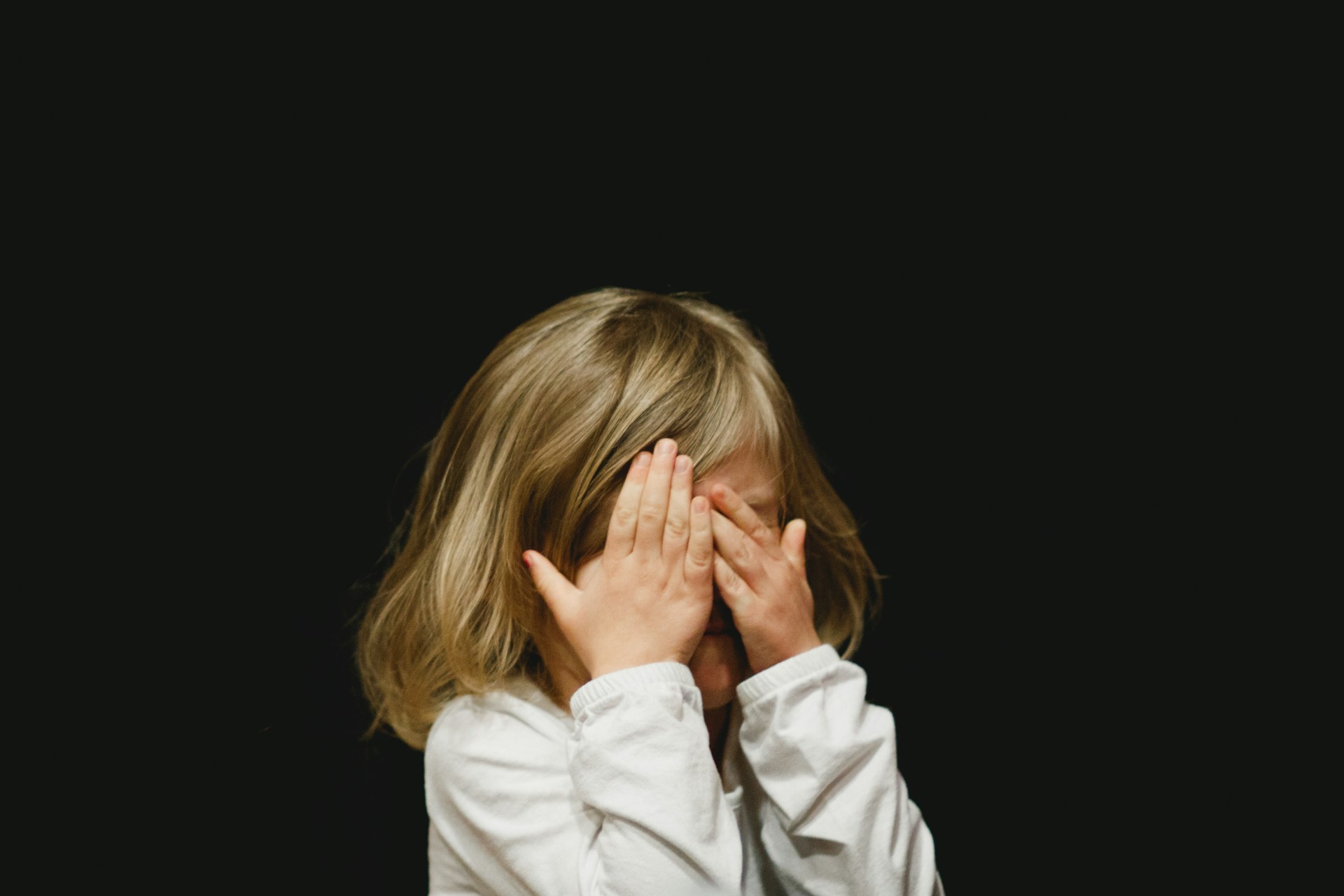Surveys of over 20,000 UK adults show that childhood verbal abuse is associated with similar risks of poor adult mental health to physical abuse.
While experience of childhood physical abuse has halved over recent decades, down to 10% of respondents born after 2000, verbal abuse has increased. Roughly 20% of those born after 1969 reported childhood verbal abuse, compared to under 12% of those born before 1950.
The Science Media Centre asked third-party experts to comment.
Professor Kirsty Ross, Professor of Clinical Psychology, School of Psychology, Massey University, comments:
“The newly released article in BMJ Open exploring the impacts of physical and/or verbal abuse provides further substantiation of what child psychologists and therapists have observed and known for some time. The impacts of physical violence on children – with regards to their emotional and physical wellbeing – have been well documented and in many countries, have resulted in legal protections for children. What has been less well documented and explored is the impact of emotional neglect and verbal abuse on young people.
“Research on Adverse Childhood Experiences by Felitti and colleagues (1998), which includes emotional and verbal abuse, has resulted in a wealth of evidence that combined and repeated types of adverse experiences impact on people’s lifelong health trajectory. During critical and sensitive periods in a child’s life (the first three years in particular), adversity influences the architecture of the brain, neural pathways and levels of neurotransmitters. Adversity also creates patterns of thinking and behaviour that influence learning, relationships, physical health, emotional wellbeing, and sense of self.
“This body of research is borne out in the results from this study in the BMJ Open, which found that abuse impacts a person’s optimism and positivity, feeling useful, feeling relaxed, dealing with problems well, thinking clearly, or being able to make up their own mind, and feeling close to other people. The people most affected were those who experienced both physical and verbal abuse. This article is important for placing a spotlight on the impacts of verbal abuse.
“The messages children hear from those most important to them and most influential in their lives – parents, caregivers, extended family in particular – shape how they see themselves, what they come to expect from other people, how they behave in relation to other people and their sense of the world around them. Is the world just, fair and will people treat them well? Are they lovable and worthwhile people? We develop our sense of self firstly from feedback from the world and those closest to us, and we then internalize these beliefs to form our understanding of who we are. Thus, repeated messages from those closest to us form stories that shape our thinking and a sense of self-worth. In turn, these thinking patterns influence our emotions and drive our patterns of behaviour.
“Within an understanding of how our brains develop, children need to first feel physically safe and cared for. They then need to feel relationally safe, before their brain can engage in learning about the world and develop higher executive functions. We know the impact of physical violence in the sense that children feel neither physically nor relationally safe, and so this impacts on their learning and mental health. This study highlights that even when physically safe, feeling relationally unsafe – through verbal abuse – also has significant impacts on children’s coping, mental health, learning and relationships. This places children at risk for mental distress and lifelong challenges when coping becomes maladaptive – such as through substance use and other numbing/avoidance strategies.
“Of note are the article’s findings: “Despite political and public focus on physical violence and abuse of children, results here suggest child verbal abuse may have consequences for mental well-being of a similar magnitude. Even when physical abuse is part of the individuals’ childhood experiences, those that also experience verbal abuse are exposed to an additional risk. These impacts are independent of other sociodemographic influences on low mental well-being and so will be in addition to risks associated with, for instance, living in greater deprivation.”
“It is important we do not start to compare types of abuse in terms of which is ‘better or worse’. However, this study shows that the saying ‘Sticks and stones may break my bones but names will never hurt me’ is patently incorrect, and turning attention to the issue of verbal and emotional abuse of children is urgently needed. Supporting parents and caregivers to create healthy ways to discipline their children without physical or verbal abuse is important, as in the absence of such strategies, people often turn to criticism, belittlement and denigration in the belief that this is better than physical punishment. However, verbal abuse can also be harmful, as children ‘live what they learn’ and walk through the world behaving in ways that fit with their understanding of themselves and others.”
No conflicts of interest.
***This media release contains information some readers may find distressing as it refers to data about mental health. If you or anyone you know needs help, support is available now. Call Lifeline (NZ) on 0800 543 354. ***
